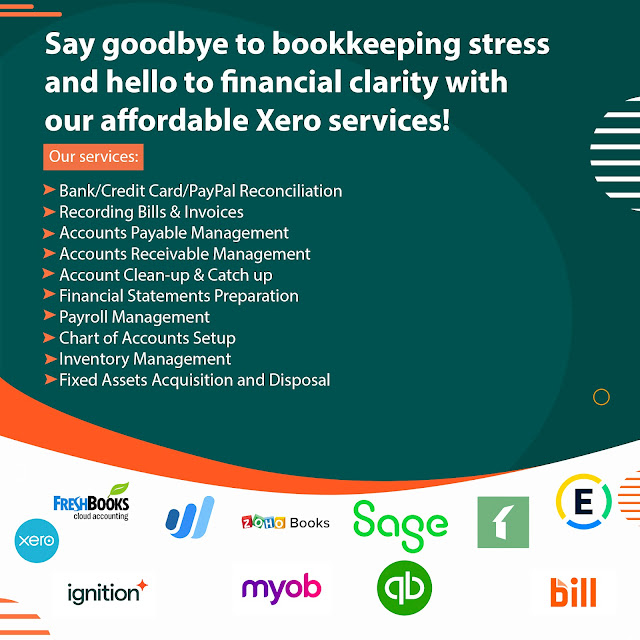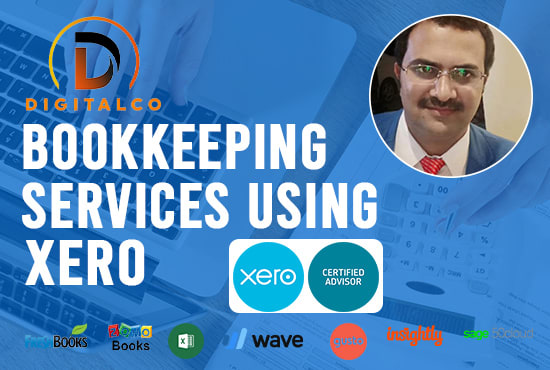For Small Businesses, Basic Bookkeeping Is Essential
What Is
the Definition of Bookkeeping?
The
first step in the accounting process is bookkeeping. It has to do with how financial
transactions are documented and organized in your business's books.
When
a supplier is paid or a client makes a payment, this information must be
tracked and documented. It will allow you to maintain track of your business's
incomings and outgoings and, as a result, "balance the books." Unlike
accounting, however, bookkeeping does not include the reporting and
interpretation of financial data.
What Is
the Significance of Bookkeeping?
The
processing and storage of your business records and financial statements are
referred to as bookkeeping. You must keep up with your company's economic
issues. Accounts receivables, payables, corporate tax, liabilities and equity,
and other financial operations are only a few examples. There are a variety of
small company bookkeeping guides accessible online.
Having
proper bookkeeping processes in place can assist you in the following ways:
- When it comes
to paying suppliers, you should be aware of the due dates.
- make it
possible for you to keep track of clients who owe you
- process sales
invoice paperwork
- Examine the
company's financial flow, such as payroll.
- account for
profit and loss and balance sheets
- produce
financial reports for the company
- forecasting
and making future forecasts
You
must retain and store accounting documents for a minimum of six years as a
business owner.
What Is
the Difference Between Accounting and Bookkeeping?
AAT
(Association for The Advancement of Technology)
It
is a typical question because there is some overlap between the two skill sets
and job positions. The main differences between bookkeeping and accounting are
clearly out in this video from AAT.
Is It
Necessary for Me to Hire a Professional Bookkeeper?
Many
small companies and single traders rely on accountants or accounting software
to keep track of their finances. It entails handing over all of your books and
records to the bookkeeper, who will complete the paperwork on your behalf.
Most
bookkeepers are willing to come to your offices and perform your bookkeeping or
give online accounting solutions. This accounting software is a computer
application that acts as an accountant and bookkeeper for your company, keeping
track of your financial data.
Other
business owners will conduct their bookkeeping or enlist the help of a family
member. It will entail:
- Creating
sales quotations and invoices
- Invoices for
sales and purchases are processed.
- VAT returns
preparation
- Other costs
are being processed.
- Reconciliations
of bank accounts
- Reconciliations
of petty cash
- Debt
collection
- Suppliers'
payments (with appropriate documentation, e.g.)
- Keeping track
of consumer payments
- Wages are
being dealt with.
Some
business owners believe they can do all of the above activities on their own,
saving them much money but taking much time. Others may perform parts of the
actions themselves but outsource others to professionals, such as Bookkeeping
pro services payroll or VAT.
If
you opt to do the work yourself, you must maintain track of your finances.
Is There
Any Software That Can Help?
Software
may be pretty beneficial, especially when it comes to easy bookkeeping for a small
business. There are several software providers to choose from, each
offering a different set of services and features, ranging from the most basic
to the most advanced.
Accounting
software can provide the following features:
1.
Recording revenue and spending,
financial reports, and budgeting are all essential accounting duties.
2.
Creating invoices and purchase
orders, setting up automatic billing, processing single and regular payments,
and bank reconciliation is all examples of automation.
3.
Tax preparation -
filling out and filing tax returns online.
4.
Inventory management - keep track of
stock levels, sales, and purchases.
5.
Timesheets, salary computations,
payslips, and HMRC filings are all part of payroll processing.
To
give you a sense of what's out there, here are two samples of accounting
software:
- Sage
- Xero




Comments
Post a Comment